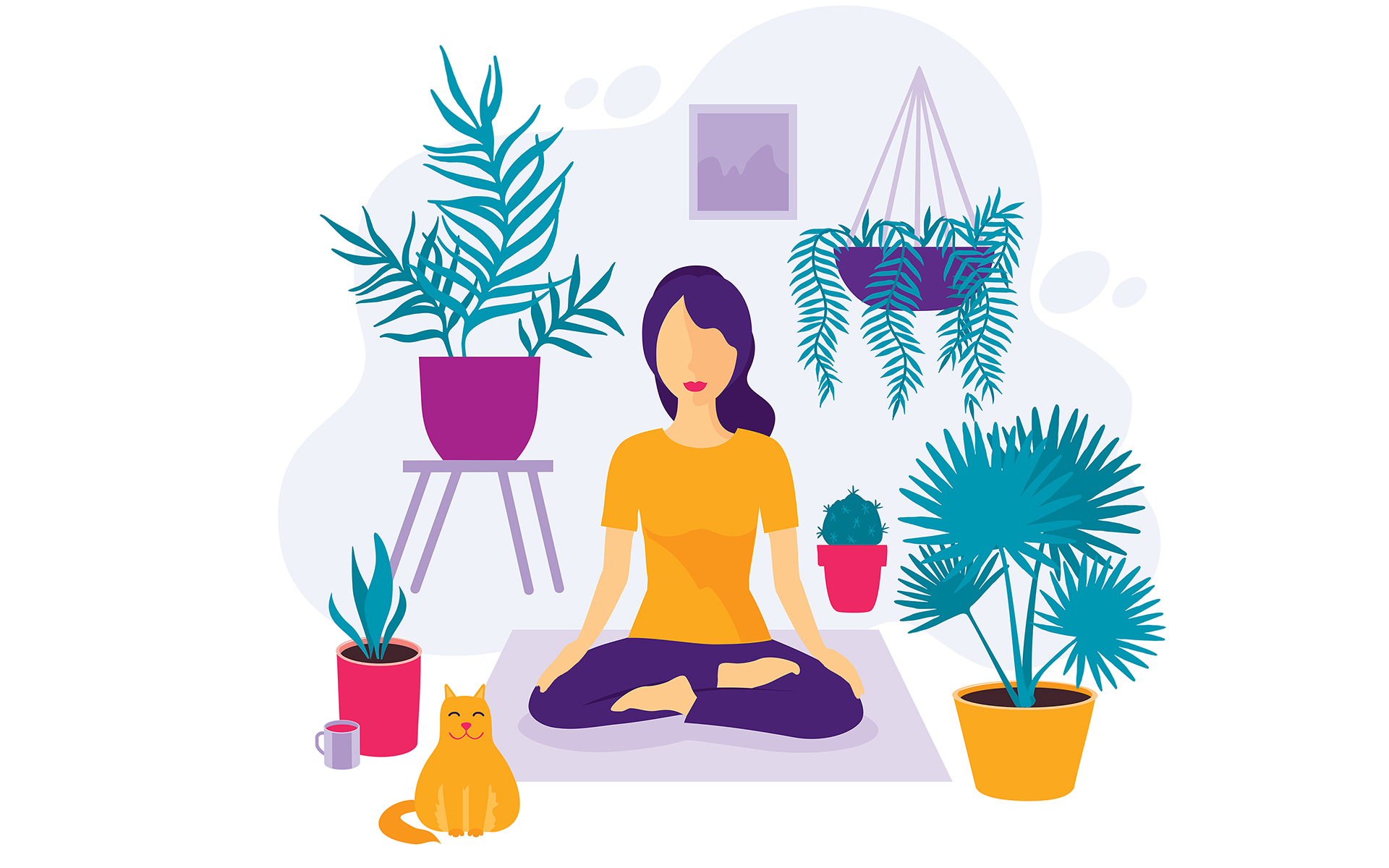The Power of Meditation: Finding Inner Peace
Meditation is a practice that has transcended cultures and time, serving as a powerful tool for achieving mental clarity, emotional balance, and spiritual growth. Rooted in ancient traditions, meditation allows individuals to connect with their inner selves, fostering a sense of peace and mindfulness in an often chaotic world.
At its core, meditation is about focusing the mind and eliminating distractions. This can be achieved through various techniques, including mindfulness, breath awareness, or guided visualization. Regardless of the method, the goal remains the same: to cultivate a state of deep relaxation and heightened awareness.

Benefits of Meditation
Stress Reduction: One of the most significant advantages of meditation is its ability to reduce stress. By calming the mind and focusing on the present moment, individuals can significantly lower their stress levels. Research shows that regular meditation practice can lead to lower cortisol levels, the hormone associated with stress.
Improved Concentration: Meditation enhances attention span and concentration. By training the mind to focus on a single point, whether it be breath, a mantra, or an image, practitioners develop better cognitive control. This heightened focus can translate into increased productivity in daily tasks.
Emotional Well-Being: Engaging in meditation can lead to improved emotional health. Many studies indicate that regular practice can reduce symptoms of anxiety and depression. It fosters a greater sense of self-awareness, allowing individuals to manage their emotions more effectively and cultivate a positive outlook on life.
Spiritual Growth: For many, meditation serves as a pathway to deeper spiritual understanding. It encourages introspection and self-reflection, allowing individuals to explore their beliefs and values. This spiritual connection can lead to a more fulfilling life, characterized by compassion, love, and purpose.
Physical Health: Meditation is not only beneficial for the mind but also for the body. Studies have shown that regular practice can lower blood pressure, enhance immune function, and improve overall physical health. The relaxation response triggered by meditation promotes healing and regeneration in the body.
How to Start Meditating
Starting a meditation practice is simple and requires no special equipment. Here are some steps to help you begin:
Find a Quiet Space: Choose a location where you feel comfortable and won’t be disturbed. This could be a quiet room, a park, or even a cozy corner of your home.
Set a Time Limit: If you’re just starting, try meditating for five to ten minutes. As you become more comfortable, you can gradually increase the duration.
Focus on Your Breath: Close your eyes and take deep breaths. Focus your attention on your breath as it flows in and out. If your mind wanders, gently bring your focus back to your breath.
Be Patient: Meditation is a practice that takes time to develop. Be patient with yourself and allow the experience to unfold naturally.
In a world that often prioritizes speed and efficiency, meditation serves as a gentle reminder to slow down and reconnect with oneself. Whether seeking stress relief, emotional balance, or spiritual growth, the benefits of meditation are profound and transformative. By integrating this practice into daily life, individuals can cultivate a deeper sense of peace and fulfillment.
